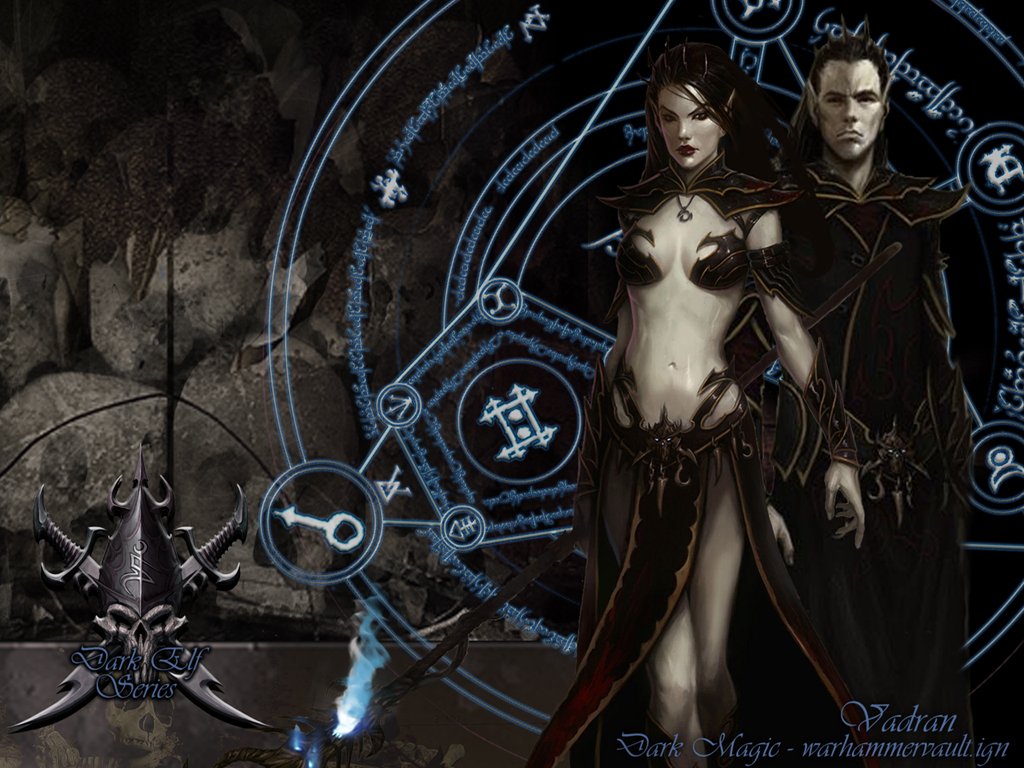The functions are too easy to understand. That's because the first definition you wrote has nothing to do with Ni. Framework, consistency?
Imo I'm going to give you something that will always work better than these wall of text source descriptions you're asking for, it's us simply using the definitions of Introverted, Thinking, and Intuition to spot these functions in individuals; to always type accurately. Introversion is literally about something unrelated to the external moment, it goes inward to think and expand upon anything stored in the mind: it doesn't return back to the specific external circumstance; this opposite motion of response is Extraversion, the Extraverted orientation (Xe.) We also use all the functions, so ie. an INTP can use Ni even though it's not their main personality, Te is usually more in direct conflict with INTP's primary function. Next, Thinking is one of the Judgement processes, it organizes logically by either consciously or subconsciously building and referencing its logical program--So Ti is exactly as you put it, continuously developing a logical framework about the world and all its subdivisions that the user finds interest in. Intuition on the other hand, is a
Perception process of intuition, aka seeing gut relations and imagery to things.
Ni however, has nothing to do with the external circumstance like Ne does, Ni is the intuition of the
mental world, so it attunes to meaning and deeper truths about thought itself: subjective perspectives and philosophies. It's a perception function, but
not about reading and effecting externals (Ne.) The moment an INxJ gets intuitions about external situations, they're using Ne, which is rare for an INxJ.
It's best to understand Ni and Ti in the context of what an introverted function is. Here are a couple things I wrote on the functions that will help you out
{1, 2, 3, I've written a lot already on this forum you can look at} but as I said, just understand the basic terms and you automatically grasp the functions:
Introverted
Extraverted
Intuition
Thinking
For example, combine Introverted + Thinking. Not only can we understand a Ti primary as always someone introverted with the ordering T > N/S > F, but throughout building or compiling its judgement system, by retreating inward to reflect and "think" in the introverted sense unlike Te, it gradually develops an internal judgement framework about reality and its various facets experienced. Te for example, is something quite different; as an external response of rational behavior or programming, it's not much about ongoing thought-consistency or permanent organization, but about defining its judgement, logic, and behaviors by the moment and its rational assessment of its context. And so, Ti and Te really serve opposite purposes. Unlike Ti, it's much more about reacting to what's working together in the objective circumstance, as an analysis. It doesn't invest time thinking in mental maps of reality. An INTP uses Te, but with primary Ti building deep expansive frameworks, it's not really great at pulling out Te into situations themselves. It's an
opposite valuing. This is how we understand Ni and Ne, Si and Se, Fi and Fe:
The reason we have type is that we can observe these unbalanced patterns in most individuals.
INTPs think too deeply about firm organization and comprehension, that when it comes time to act, this depth of understanding fails to be quick and practical, and they resort to their trusted intuition of reading the situation to make base decisions. The opposite is with
INTJs, they can think as deeply as they want about life patterns and philosophical truths, but when it comes time to act, these bigger internal perspectives don't quite fit such an overly-specific world; they resort to their trusted logical program of behavior and decision-making. The extraverted functions are what work, while the introverted functions are about processing what really may be true overall, true in the sense of perception or judgement. This "overall" comprehension of introverts isn't good at quickly gauging specific situations, Introverted functions aren't as good with variables. Xe is literally one's
active personality as a response to externals. It's something we can quickly read in peoples' behavior and reactions. Xi can't be accessed for the moment itself because once its already determined it internalizes and processes expansively, it's "the relationship to mentality," that's its definition. Xe can then respond outward again, as the relationship to externals, but for ie. INTP it goes like Ti-Ne mostly, for INTJ it goes Ni-Te mostly.
I hope we can come to understand Ti and Ni as they really exist in people, not in long convoluted descriptions that miss the underlying point: To simply understand Ni, what you need to do is observe case studies of strong introverts with the clear N > T/F > S orientation. That will show you Ni primary. For Ti, you observe strong introverts with the clear T > S/N > F orientation. What you will find is these precise patterns, it's very straightforward.


